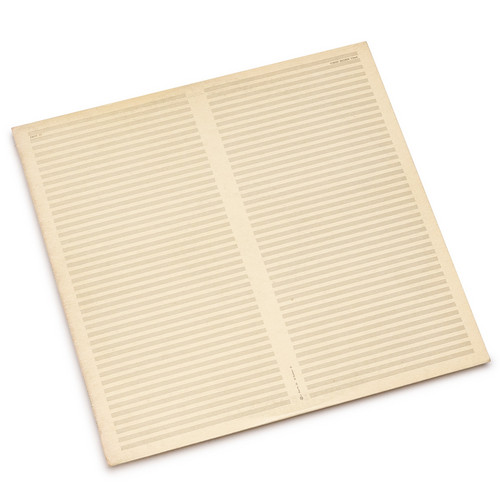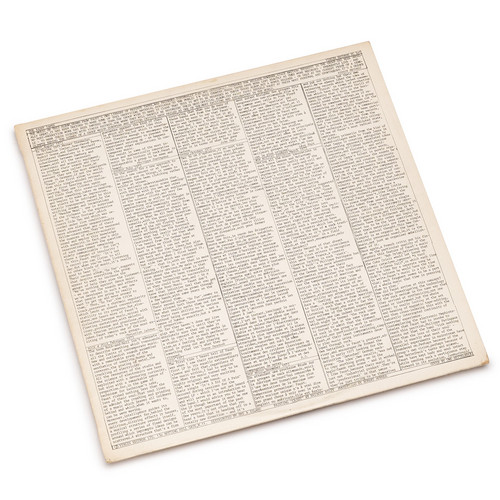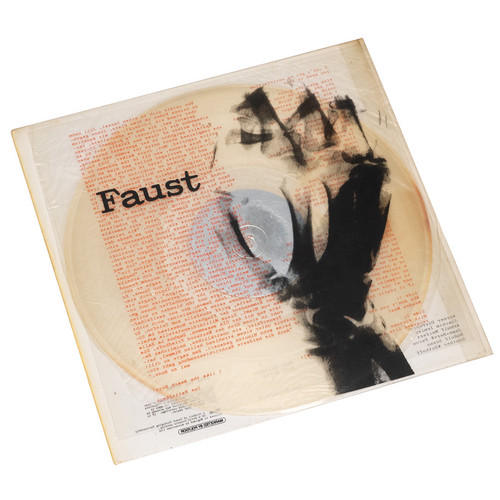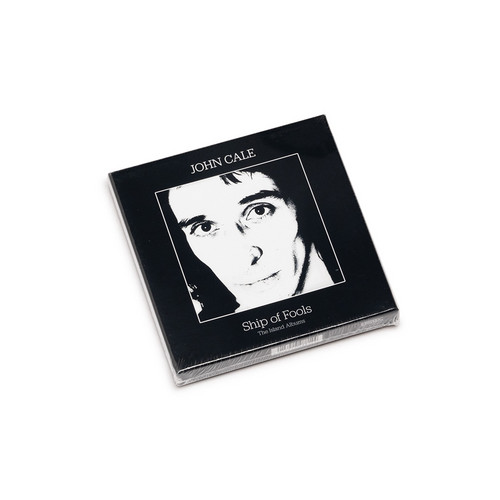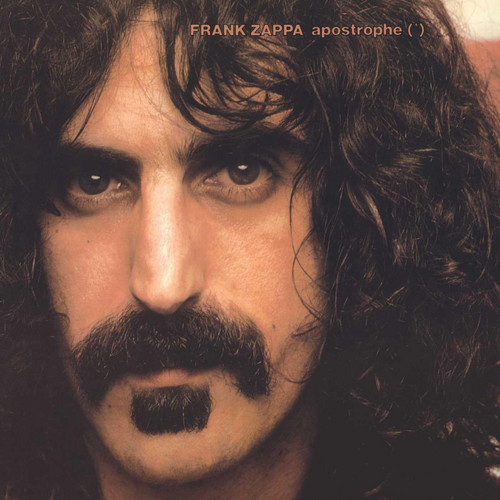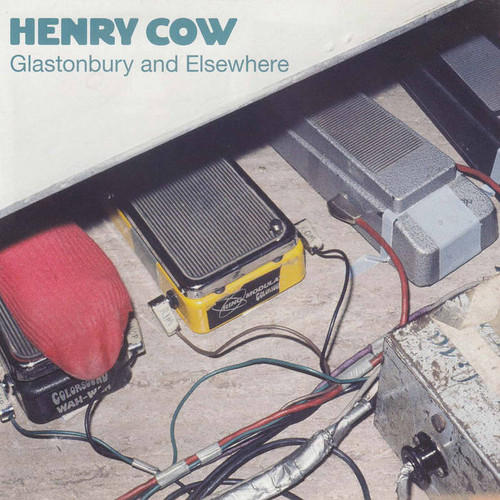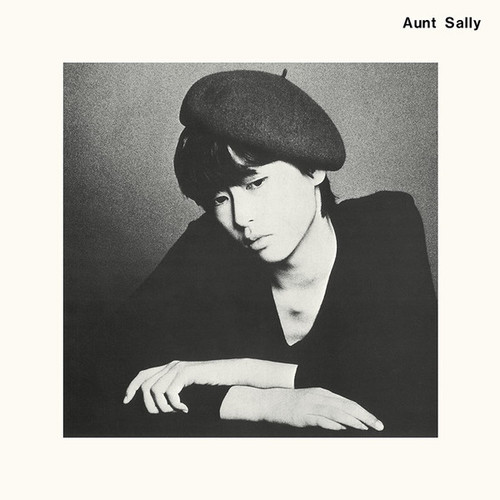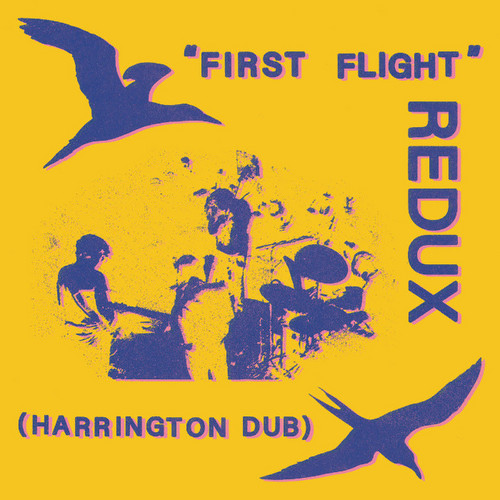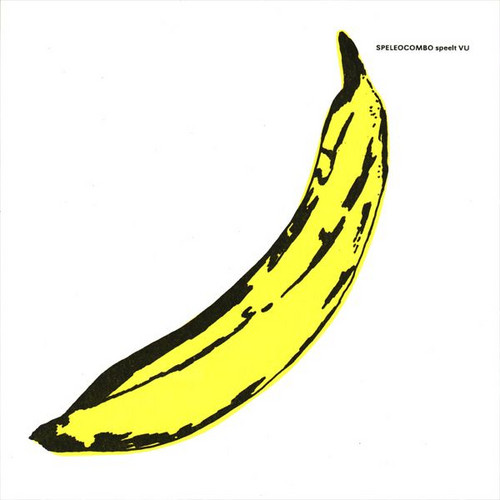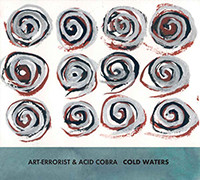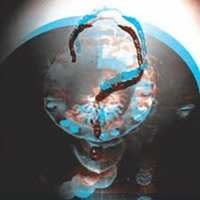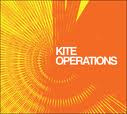Rock /
The Faust Tapes
Original 1973 first edition on Virgin of Faust's all-time favorite third album.
Ship Of Fools (The Island Albums)
Following his dismissal from The Velvet Underground in the Autumn of 1968, Cale acted as a producer and arranger on albums by The Stooges and Nico before venturing out as a solo artist with his debut album ‘Vintage Violence’ in 1970. Following the release of a collaborative album with Terry Riley he signed with Reprise Records and recorded two albums for the label.
In 1974 John Cale relocated to London and signed with Island Records, for whom he was to release three inventive and influential alb…
Apostrophe (')
“apostrophe (‘)” is a testament to Frank Zappa’s genre-defying approach and ability to blend seamlessly rock, jazz, funk, and avant-garde, letting his virtuosic guitar work shine through. The opening track, “Don’t Eat the Yellow Snow,” sets a whimsical comical tone, while “Cosmik Debris” and “apostrophe (‘)” emphasize intricate solos and quirky techniques that demonstrate Zappa’s musical dexterity. The album is a cohesive musical voyage in which the musician explores societal issues such as cons…
Glastonbury And Elsewhere
A further collection of missing pieces uncovered since the release of the 18 CD Henry Cow Box that fills in parts of the story still undocumented - even on the bootleg circuit. Contents: 1: The earliest and only known stage recording of the band as it was in June 1972 (Martin Ditcham, Fred Frith, John Greaves and Tim Hodgkinson) at the first Glastonbury Fayre. The recording is quite clean, though the mix heavily favours bass and guitar but, in a way, this makes it of special interest, both music…
Aunt Sally
This seminal, eponymous post-punk album by Japanese group Aunt Sally, fronted by experimental singer Phew, was first released by the iconic Vanity Records label in 1979. Over the past forty-plus years, Phew has forged a singular path through a wide range of styles - from free improvisation to pop - and has collaborated with the likes of Ryuichi Sakamoto, members of Can, DAF, Einstürzende Neubauten, The Raincoats and more. But Aunt Sally is where she got her start and, despite the members’ young…
First Flight Redux (Harrington Dub)
On “First Flight Redux” Dave Harrington takes a scalpel to the multi-tracks of "First Flight" (LP/DL, Algorithm Free) remixing the raw material into something else entirely.
Speleocombo Speelt VU
**200 copies** Speleocombo was a casual collective of Dutch art students that convened in the Antwerp Academy in the late ’80s. The core of this group consisted of Hewald Jongenelis and Egbert Aerts, sporadically joined by Fons Debaedts and several others, all of whom are still active in the fields of painting and drawing. During their time in Antwerp they hosted a show on Radio Centraal, Het Universeel Programma, and released several scarcely distributed cassettes and one single. This single’s …
Cold Waters
2012 release. Cold Waters is the result of a very short yet intense meeting between Jean-Herve Peron (Faust) and Amaury Cambuzat (Ulan Bator). The duo met in the French countryside -- two days, two mics, two friends, and a dog... from hilarious to heart-striking, these "Songs from the Mill" flowed through them. Cold Waters, far from being an anecdotal side-note to their ongoing collaborative efforts in the legendary "krautrock" band Faust, reaffirms the duo's successful explorations as leading f…
Heaps of nothing
2010 release ** "The second album from Australian band Naked On The Vague, who have doubled in size for this batch of new material. The tone is characterised by dark and fearsomely heavy garage-punk, with a wafer-thin coating of distortion lending a little extra bite to the band's already vicious dynamics. "Bleak, unrepentant, withering and droll, Heaps of Nothing is a 21st century codification of the gallows wit and mesmerizing otherworldliness of (Dub Housing-era) Pere Ubu, Primitive Calculato…
Festival
2009 release ** "The songs on Festival may sound chaotic, but actually they are pretty structured. each song has certain goal-posts that we have to execute precisely. a melodic idea, or a rhythmic idea, or some sort of event that has to be synchronized with the other members. at the same time though, the songs allow for free improvisation within certain sections. a lot of these ideas came from our interest and love of free-jazz. particularly the late-era recordings of John Coltrane." - Joseph Ki…
